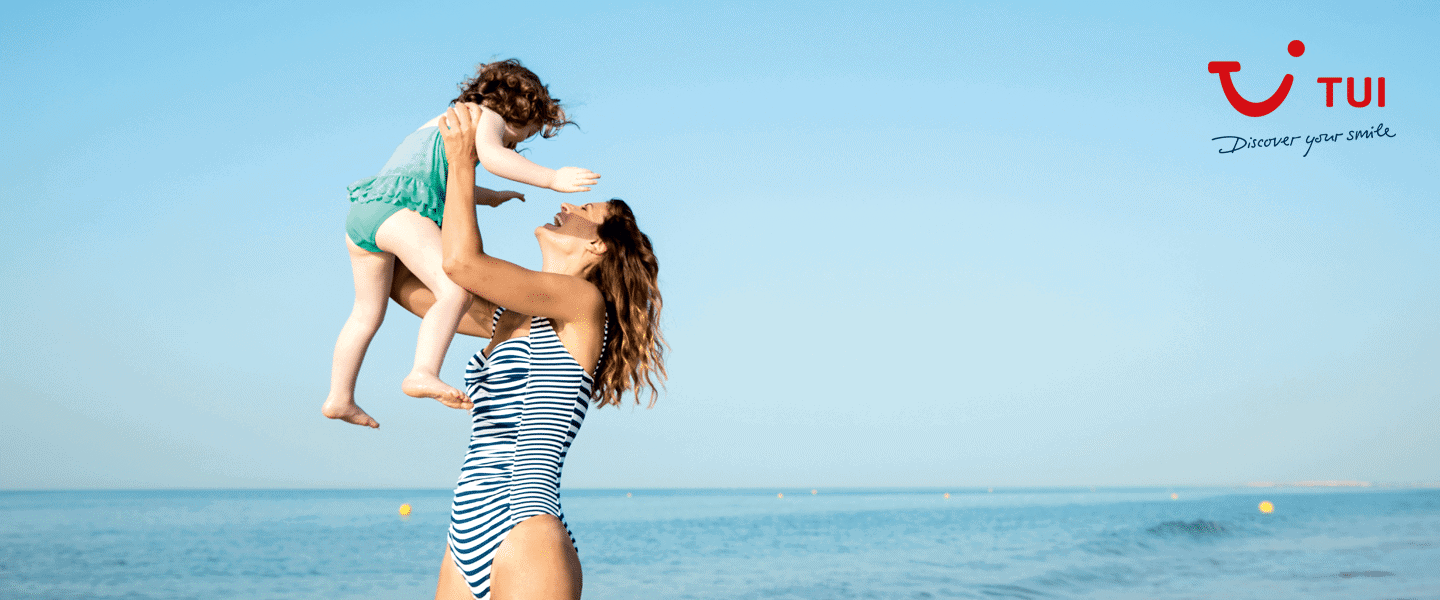TUI AG (short for “Touristik Union International”), also known as TUI Group, is a German multinational travel and tourism company headquartered in Hanover, Germany. It is the largest leisure, travel and tourism company in the world.
The origins of the company lie in the industrial and transportation company Preussag AG, which was originally formed as a German mining company. It was incorporated on 9 October 1923, as Preußische Bergwerks- und Hütten-Aktiengesellschaft (Prussian Mine and Foundry Company). In 1927 it was merged with the Ruhr coal company, Hibernia AG, and electricity utility to become the Vereinigte Elektrizitäts und Bergwerks AG (VEBA AG) (United Electrical and Mining Company).
After the sale of Salzgitter AG and the purchase of Hapag-Lloyd AG (the navigation and logistics company) in 1997, Preussag AG became a global enterprise in the service and leisure industry. At that time, Hapag-Lloyd held a 30% interest in the tourism conglomerate TUI (founded 1968), which increased to 100% by 1999. In addition, the company acquired 25% of Thomas Cook shares in 1997, which it doubled the following year. On 2 February 1999, the Carlson Leisure Group merged with Thomas Cook into a holding company owned by the German bank Westdeutsche Landesbank, Carlson Inc and Preussag. However, in mid-2000 Preussag acquired Thomas Cook’s rival Thomson Travel and was forced to sell its majority 50.1% stake in Thomas Cook by regulatory authorities. In 2002, Preussag renamed itself TUI AG.
TUI announced a merger of its travel division with the British tour operator First Choice in March 2007, which was approved by the European Commission on 4 June 2007, on the condition that the merged company sell Budget Travel in Ireland. TUI held a 55% stake in the new company, TUI Travel PLC, which began operations in September 2007.
In April 2008, Alexey Mordashov, who purchased his first shares in TUI Travel in autumn 2007, purchased additional TUI Travel shares under S-Group in order to expand TUI Travel into Eastern Europe and Russia.
Its logistics activities, concentrated in the shipping sector, were kept separate and bundled within Hapag-Lloyd AG. A majority stake in Hapag-Lloyd was sold to the Albert Ballin consortium of investors in March 2009 and a further stake was sold to Ballin in February 2012, as TUI worked to exit from the shipping business and to optimize its tourism business with expansion in Russia, China and India under Michael Frenzel. Prior to August 2010, John Fredriksen held the largest Norwegian privately held stake in TUI Travel and had a significant influence upon TUI Travel’s direction and strategy. As Alexey Mordashov through his S-Group Travel Holding increased his stake in TUI Travel to a stake larger than Fredriksen’s stake, the shipping business had to be sold.
In June 2014 the company announced it would fully merge with TUI Travel to create a united group with a value of $US9.7 billion. The merger was completed on 17 December 2014 and the combined business began trading on the Frankfurt and London stock exchanges. Prior to this merger, Alexey Mordashov, the largest private shareholder in TUI Travel, held a blocking stake in TUI Travel through his S-Group. After the merger, Alexey Mordashov’s stake was reduced to less than a blocking stake of 25%.
On 12 December 2016, Alexey Mordashov increased his stake in TUI Group from 18% to more than 20%. In October 2018, his 24.9% stake is the largest privately held stake in TUI Group When Mordashov’s stake increases to 25%, he will have a blocking stake in TUI Group at its annual meeting. In June 2019 Mordashov transferred 65% of his stake to the KN-Holding, owned by his sons Kirill Mordashov and Nikita Mordashov. TUI says in a statement that they ”welcome the second generation of the family amongst its shareholders”.
In August 2020, the company reported a net loss of €2.3 billion (from October 2019 to June 2020) as a result of the COVID-19 pandemic. Out of the sum, €1.5 billion loss related to the period from April to June 2020, while the revenue for the same period was €75 million, 98% less than the same period in 2019


